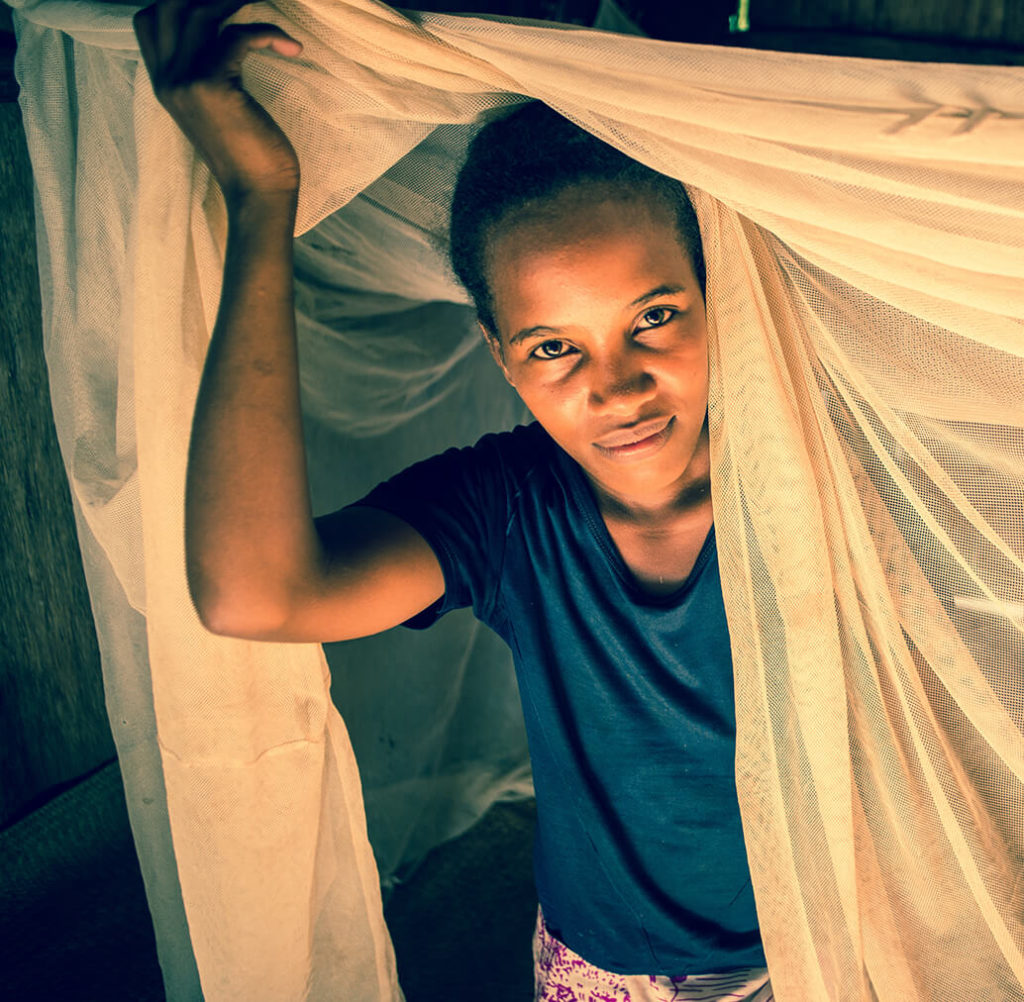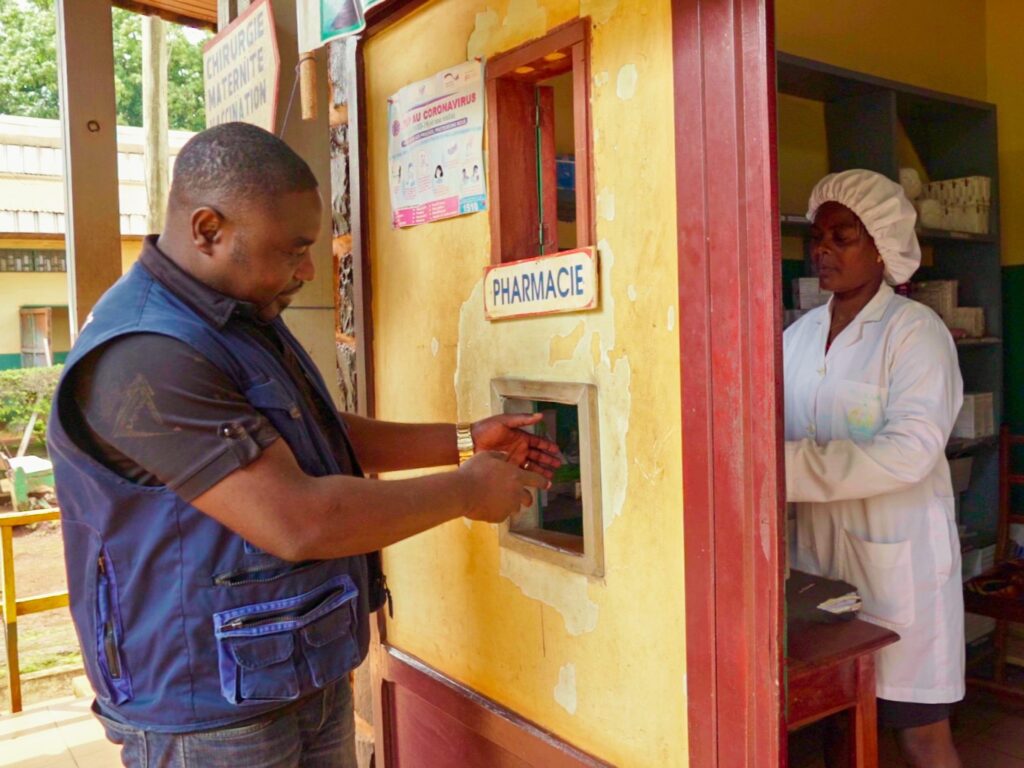Community Approaches Successful in Preventing, Treating Malaria
Community Approaches Successful in Preventing, Treating Malaria

Malaria is responsible for about 7% of all deaths in children under five in Madagascar. The USAID Mikolo Project promoted community approaches to prevent and treat malaria by working with health facilities, community health volunteers (CHVs), and families.
While the project increased the rates of children under five presenting with a fever that were tested for malaria by CHVs in 2015 and 2016, rates decreased in 2017 and 2018 due to issues with the usability of the rapid diagnostic test (RDT) kits distributed at the community level. The RDT kits available were designed and packaged for hospitals, meaning they were not conducive for dividing up amongst CHVs. This resulted in stock-outs at the community level, therefore decreasing the testing rates. The USAID Mikolo Project actively worked with the the Ministry of Public Health (MOPH) and partners to resolve this issue and increase testing rates.
Over the life of the project, a total of 468,468 children under five with fever were tested for malaria with a rapid diagnostic test by CHVs. There were 214,146 cases of confirmed malaria in children under five treated with artemisinin-based combination therapy (ACT) by CHVs. The treatment rate increased from 58% in 2014 to 93% in 2018. In addition, ACT stock-outs decreased from 20% to 5% between 2014 and 2018.


